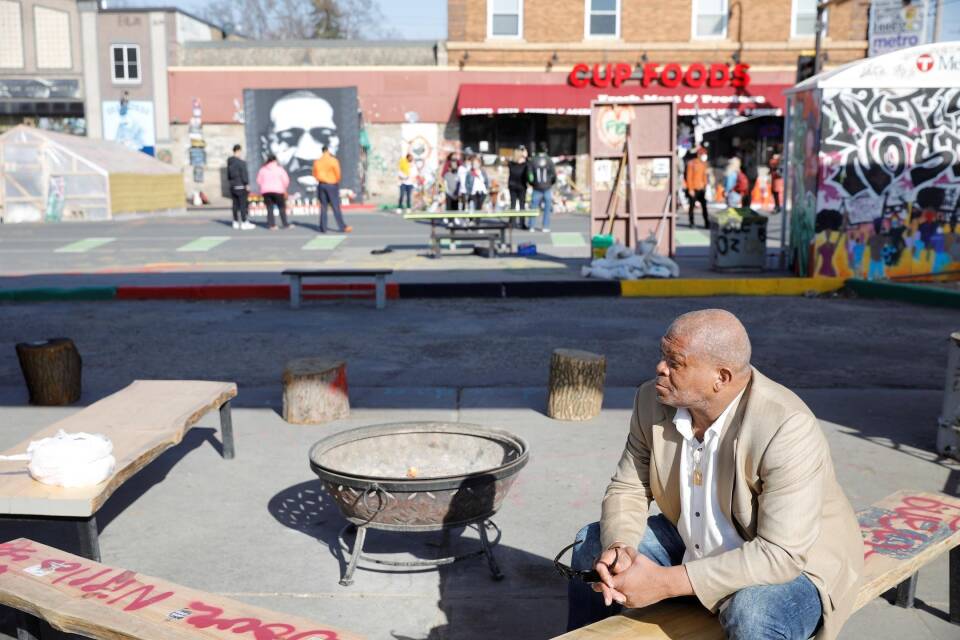Five years ago, in May of 2020, millions across the world watched a viral video showing white police officer Derek Chauvin pressing his knee into the neck of George Floyd, a Black man, on a Minneapolis street. Nine minutes and 29 seconds later, Floyd was dead at the age of 46.
His killing led to widespread demands for a racial reckoning, sparking global protests, calls for police reform, community dialogues and corporate pledges to address the racial divide.
So where does the United States stand, five years later, when it comes to criminal justice reform and police-community relations? It’s complicated.
“For many people, [Floyd’s murder] was a moment of blindfolds coming off,” said psychiatrist Dr. Cecil Webster. “We in America often have a lot of comfort around not looking closely at things, not investigating our history, not wrestling with some difficulty in a very basic way ... So for many people, this was disruptive, but maybe a blip. And for many others, it’s yet another example of the ways in which the slow, sporadic process of progress takes place.”
Making things even more complex is the current political climate in which conversations about race and racism are shifting, as many diversity, equity and inclusion (D.E.I.) programs are under fire.
Despite the backlash to D.E.I. and so-called “woke” politics, Jacqueline Battalora, a former Chicago police officer and a current professor of sociology at Saint Xavier University, said she’s seen a recent influx of students eager to learn more about law enforcement in new ways, which she credits in part to Floyd’s murder.
“For decades, I have had criminal justice students articulate a pretty simplistic reason for pursuing the field, which is typically ‘I want to help people,’” Battalora said. “And because of the backlash against law enforcement for the behaviors that people have witnessed and been appalled by, they are recognizing from their own life experience and from observing that there is really a value to policing in different ways and fundamentally policing through community connection.”
Still, a recent Pew study finds that while 67 percent of U.S. adults supported the Black Lives Matter movement in 2020, that number has dropped to 52 percent in 2025. But Vernā Myers, a veteran D.E.I. expert and former vice president of inclusion at Netflix, said she remains optimistic that change continues to happen on a small scale, moving the country toward a more just and inclusive future.
“Ultimately, all of us have to come together in order to continue to progress as human beings,” Myers said. “We may have had a start through the awakening that happened through George Floyd. People now know language, they know history and they know how to be allies. I think a lot of us are going to have to learn to trust people we have no reason to trust and love people that we are somewhat skeptical of, because that’s what it’s going to take ... in a way that moves us forward versus backwards. ”
Guests
- Dr. Cecil Webster, psychiatrist and a physician educator at Harvard Medical School and McLean Hospital.
- Vernā Myers, a diversity, equity and inclusion consultant, author, and lawyer, founder and CEO of the Vernā Myers Company and the inaugural vice president of inclusion at Netflix.
- Jacqueline Battalora, an attorney, professor of sociology at Saint Xavier University, author and former Chicago Police Officer.








